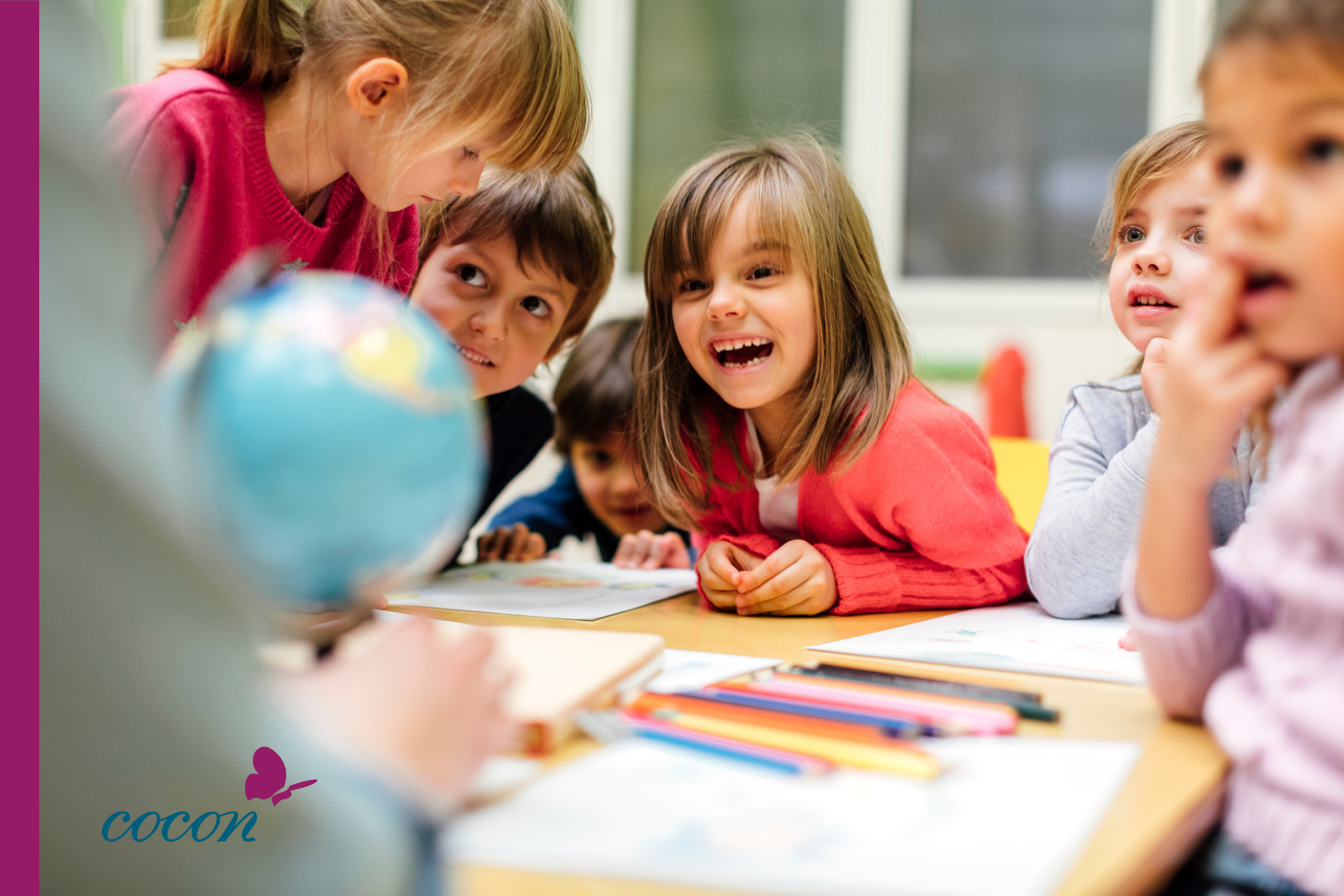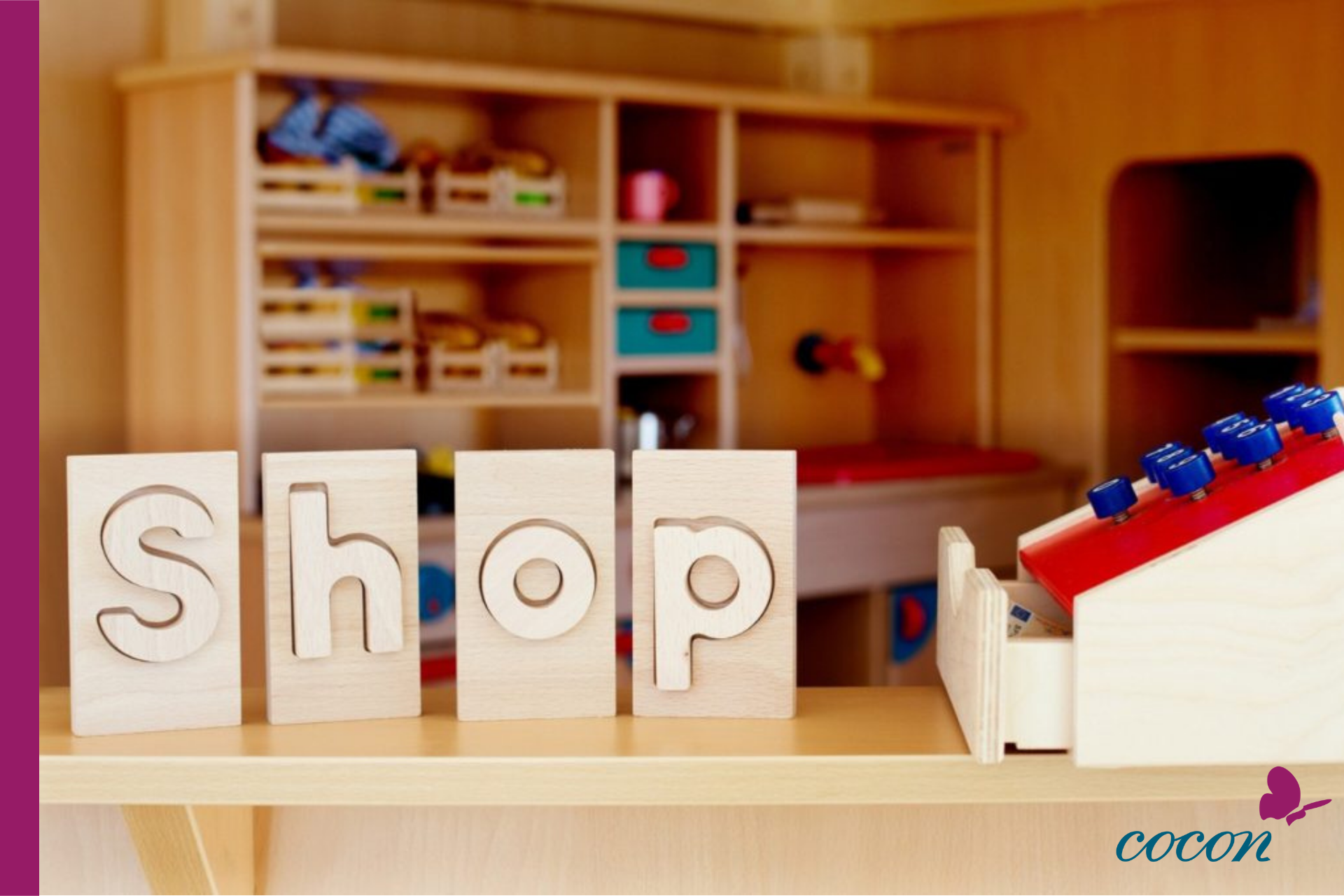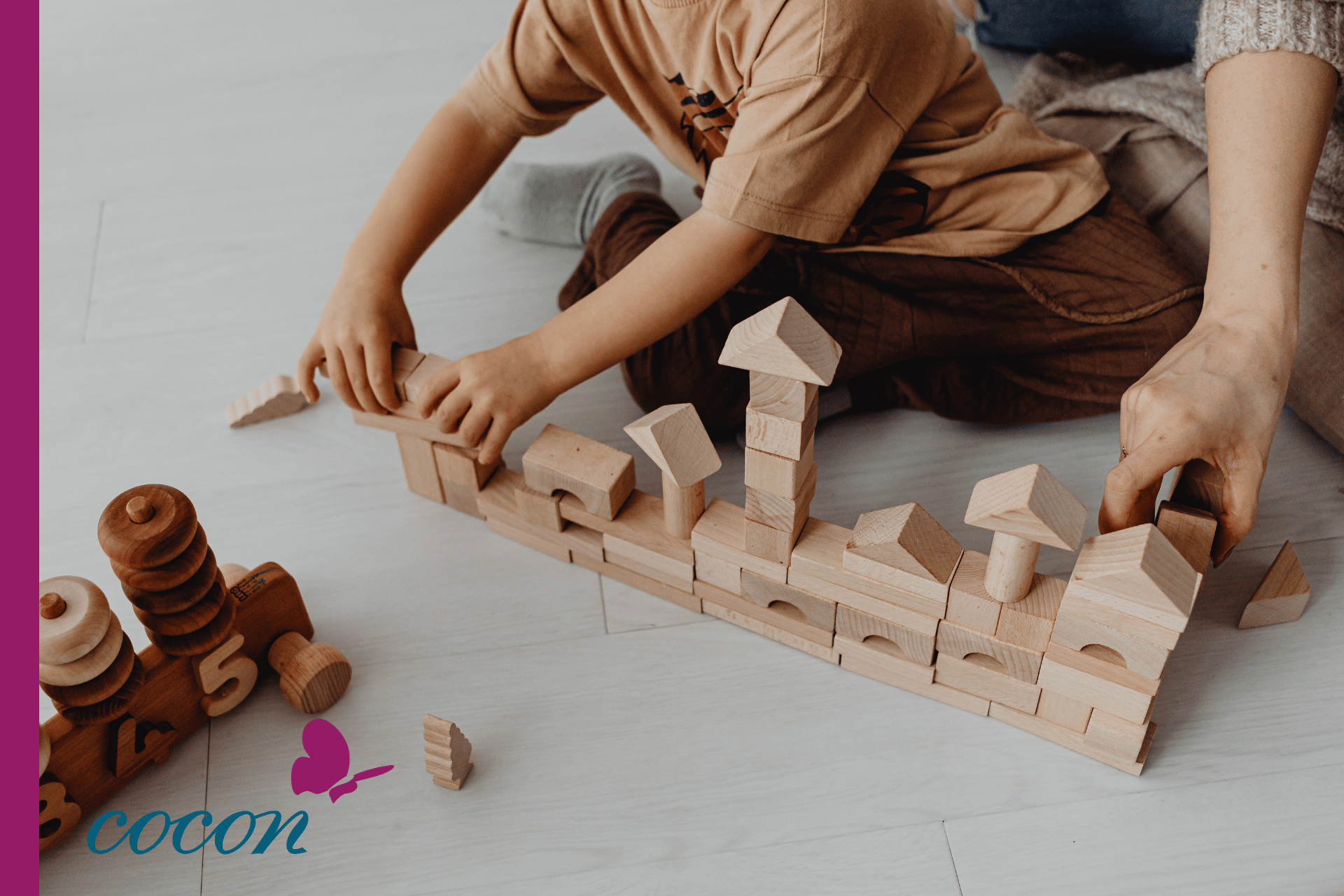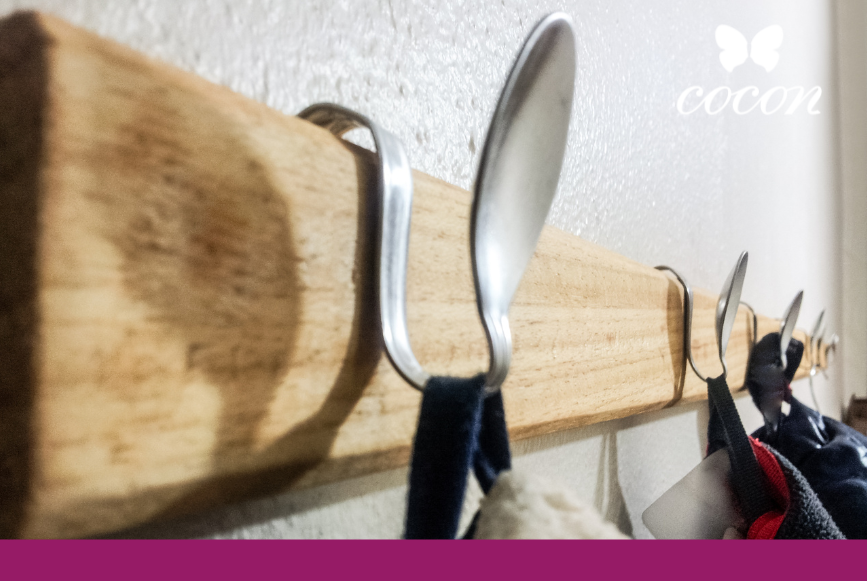Inhaltsangabe / Table of Contents/Table des matières
Learning a new foreign language as an adult or even as early as elementary school can be tedious. For this reason, it is of great advantage to begin at an early age – specifically, this is called early bilingual education.
In contrast to “second language acquisition”, where another language is learned at a later stage, bilingual early education does not require the creation of new areas, making it easier to learn the language fluently. To enable children from monolingual families to grow up bilingually, we offer bilingual early education in our cocon daycare center.
The advantage of bilingual early education is that smaller children, between the ages of three and five, are particularly receptive and able to learn. In a bilingual daycare center, such as cocon, your child will receive maximum support in this regard and will learn a new foreign language easily and quickly through playful access and curiosity..
But what exactly are the advantages of a multilingual education? And what does early bilingual education in the daycare center look like? In this article, we explain why it makes sense to teach the child a new language at an early age and what immersion principle Immersion principle means in the context of bilingual education.
What are the benefits of multilingual education?
A child who grows up with two or even more languages will master them as native languages throughout his or her life, or at least be able to communicate with them at a very high level. The feeling for languages is fostered with a multilingual upbringing and the learning of further languages, even later at a higher age, is significantly easier for the child than for children who have grown up monolingual. Quite apart from the professional advantages that come with mastering several languages, a bilingual child shows a much better sense of cultural differences and peculiarities of the global world. The best prerequisites for a future in which humanity moves ever closer together.

Not only the linguistic talent is promoted
However, learning another language at an early age not only serves the child’s linguistic talent – it even helps to understand mathematical concepts more easily later on. A bilingual child remembers more easily, concentrates better and, in addition, the risk of developing dementia or Alzheimer’s disease later on is significantly lower. The reason for this is that bilingual children have a higher number of neurons and synapses in the brain and there is significantly more brain activity.
Advantages of bilingual early education in concrete terms:
- Learning of a foreign language at native language level
- Feeling for languages and cultural differences is strengthened
- Other languages can be learned more easily, even at an older age
- Better understanding of mathematical concepts
- Strengthening of memory
How can I educate my child multilingually?
However, many families cannot fulfill this requirement at all, as they can only speak in their own national language at a native level. Nevertheless, they would like their child to grow up multilingual. In such cases, it makes a lot of sense to think about a bilingual daycare center.
Bilingual early education in daycare centers according to the immersion principle
Parents who want their child to grow up multilingual are in good hands at a bilingual daycare center. There, children between the ages of three and five are carefully and individually supported in their linguistic development. Especially at this early age, children have the ability to grasp languages intuitively and develop two circuits in their brain, which they can easily switch between if necessary.
At cocon, bilingual early education is also part of our educational approach. We proceed according to the so-called immersion principle. The immersion method is the most effective way to learn a new language, because immersion means “immersion in a language”.
The immersion principle is the most natural way for children to learn languages. Immersion is therefore more appropriate for children than any other method, because it is motivating and does not involve coercion or pressure to perform. It has been scientifically proven that immersion can achieve a considerably higher level of proficiency in a foreign language than conventional instruction.
Source
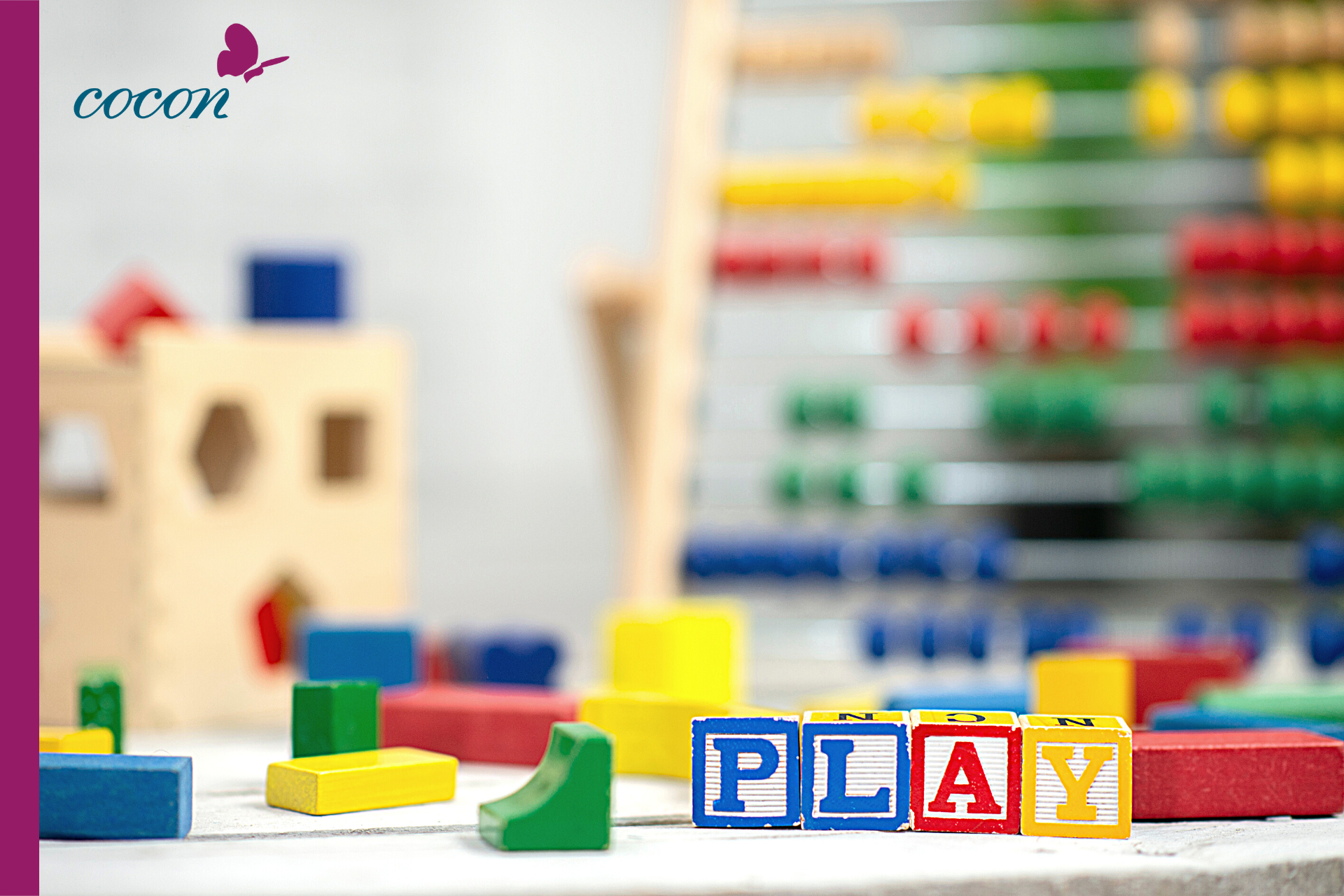
More about bilingualism and immersion can be found on the website of the association fmks.
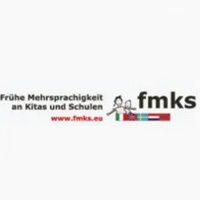
Parents are often concerned that a child must learn at such an early age and not just play and have fun. Learning and playing are closely linked, especially at this age. Children have great pleasure in learning new things and this also applies to a foreign language.
At cocon daycare centers, we teach the children English or French. In line with the immersion principle, our staff speak only English or French with the children and ensure that the language is part of the daycare’s daily routine. It goes without saying that we attach great importance to the fact that all our staff are native speakers with a professional pedagogical background. In this way, we ensure that the children who are cared for in our daycare center learn the new languages without errors from the very beginning.
Our two houses are located in Munich’s upscale Bogenhausen district and in Waldtrudering. Both facilities inspire with a perfect location, bright, spacious rooms and extensive open spaces. In each of our homes, we care for around 80 children from the age of twelve weeks until they start school in our crèche, kindergarten and preschool. Among many other advantages, it is above all the warm, family atmosphere that sets us apart from other facilities.
